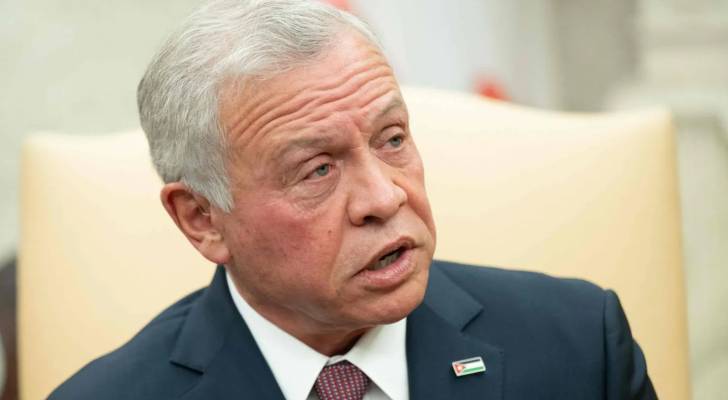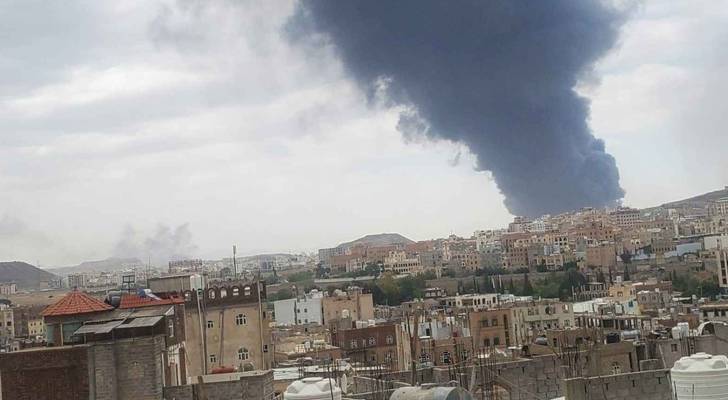Though pundits are heavily engaged in analyzing the unfolding events in Gaza, historians have yet to reflect on its true magnitude. Someone, someday, may look back at the events with some degree of objectivity and see it as yet another major turning point in the study of the asymmetry of power and the fallacy that technology can indefinitely subjugate the human desire for freedom.
Historically, there has always been an inherent tension between the idea that technology is an enabler of those in power and the idea that it is a leveler of power (the haves and the have-nots). Neither one seems to triumph indefinitely over the other. It is more of a game of cat and mouse in which powers monopolize technology for some time only to find that others can also reap its benefit to achieve some military and political gain.
On the military side, US technological superiority enabled it to wage two major wars in different operational theatres simultaneously in the early 2000s, but the very same ICT revolution that allowed for this also enabled non-state actors and dispersed terrorist groups to harness the power of this technology to enable new operational doctrines and forms of organization that wreaked havoc on US military objectives. On the latter, the same technological advances later undercut political support for the US by allowing for widespread leaks of abuses during the same campaigns, such as torture in Abu Ghraib, massacres committed by Blackwater, civilian drone strike deaths, and corruption of US contractors.
On October 7, Hamas broke Israel’s assumed air of invincibility. An overreliance on technological superiority had falsely reassured Israelis about their impermeability to the extent that they had no active presence on the billion-dollar border fence with Gaza. Furthermore, nearby communities some 5km / 3.2 miles away felt safe enough to put on a rave or a concert.
Were it not for this ICT revolution, the US invasion of Iraq and Afghanistan might have seemed more like the first Gulf War of 1991, a “clean” war with no civilian casualties as relayed to us by CNN. Perhaps we would still be seeing images of US soldiers distributing water bottles and candy to Iraqi and Afghan children. This interplay of technology and power can also be seen on an intrastate level as well and there are numerous vivid examples such as Chinese protestors in Tiananmen Square, LAPD police brutality of Rodney King, and the Arab Spring, all of which would not have been possible or captured without the advent and spread of personal video recorders or camera cell phones.
As though history is doomed to repeat itself, the more recent technological revolutions of the Fourth Industrial Revolution also increasingly gave the impression that technological superiority can allow those with power to overlook the root causes of instability and live in isolation. The events of Hamas’ Oct 7 attacks and those leading up to it should also be seen within this context, at least partially. The security management approach of Palestinians by Israel kept deteriorating the status quo for the Palestinians and perpetuated an ongoing cycle of violence. Facing security challenges in 2005, Israel unilaterally withdrew from the Gaza Strip with no negotiated political settlement, which in turn created new security problems. Israel responded by building a wall; Hamas fired rockets over it. Israel improved rocket interception capabilities; Hamas resorted to tunneling. Israel installed sensors and underground barriers; Hamas resorted to more rudimentary rockets. Israel built the Iron Dome, which is celebrated as a peak technological achievement; Hamas resorted to paragliders.
His Majesty King Abdullah once described the prevailing mentality of the Israeli government as “Fortress Israel,” and perhaps this description appropriately captures Israel’s sense of imperviousness.
It is an admittedly oversimplified picture used to describe a complex issue. There is no end in sight to this game of cat and mouse, especially if Israel only utilizes military and technological solutions to address a political problem.
On October 7, Hamas broke Israel’s assumed air of invincibility. An overreliance on technological superiority had falsely reassured Israelis about their impermeability to the extent that they had no active presence on the billion-dollar border fence with Gaza. Furthermore, nearby communities some 5km / 3.2 miles away felt safe enough to put on a rave or a concert.
His Majesty King Abdullah once described the prevailing mentality of the Israeli government as “Fortress Israel,” and perhaps this description appropriately captures Israel’s sense of imperviousness.
There was a generation of Israeli leaders who recognized that Israel’s military and technological superiority would not bring it security. Stemming from the belief that peace would, they sought a political solution with the Palestinians, and some, like Prime Minister Yitzhak Rabin, paid a hefty price for it.
More recently, a long list of Israeli military and security officials have also arrived at the same conclusion, including Shlomo Brom (former Director of Strategic Planning at the IDF) and Yuval Duskin former Director of the Israeli Internal Security Service), to name a few. They have effectively said that the occupation is untenable.
The current prime minister, Prime Minister Netanyahu, represents an ever-growing cohort of people who believe the opposite, that security will bring peace. Oct 7 may have refuted that.
It is as yet unclear whether the unfolding events in Gaza will bring about a change in Israeli thinking such that decision-makers realize the need for a political solution or whether it would lead them to double down on the current (failed) security approach. For the time being, Israel’s response and comments made by Israeli leaders seem to point to the latter.
Nonetheless, it is important to note that Israel’s peace generation arguably emerged as a response to previous bouts of heavy-handed security approaches and atrocities that Israel committed in the 1980s (in Lebanon and during the Intifada) as well as immense international pressure, not all too different than the current situation.
This article originally appeared in Global Comment.
Nasser bin Nasser is founder and CEO of Ambit Advisory.
Disclaimer:
Views expressed by writers in this section are their own and do not necessarily reflect Jordan News' point of view.




